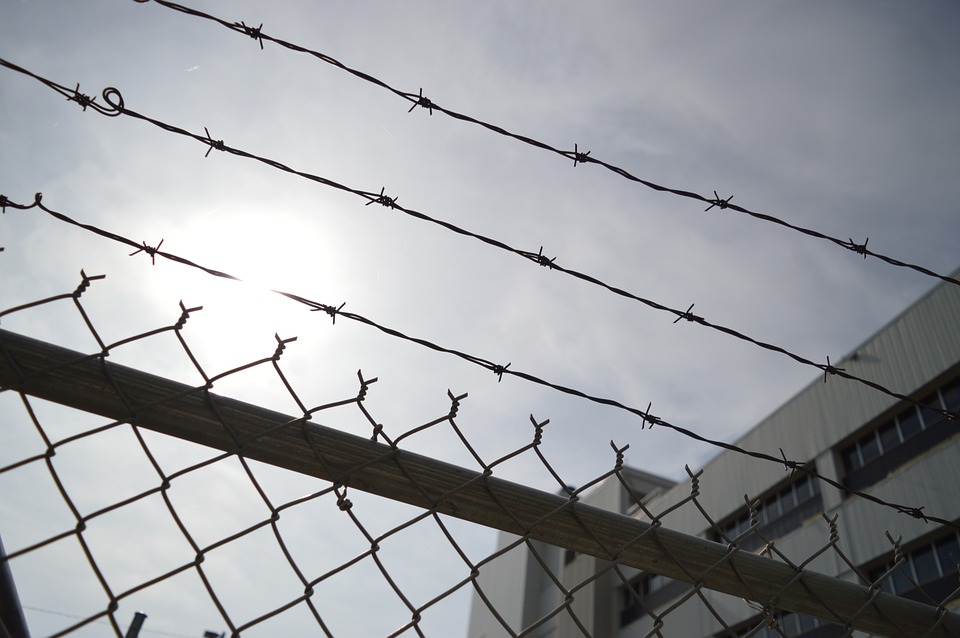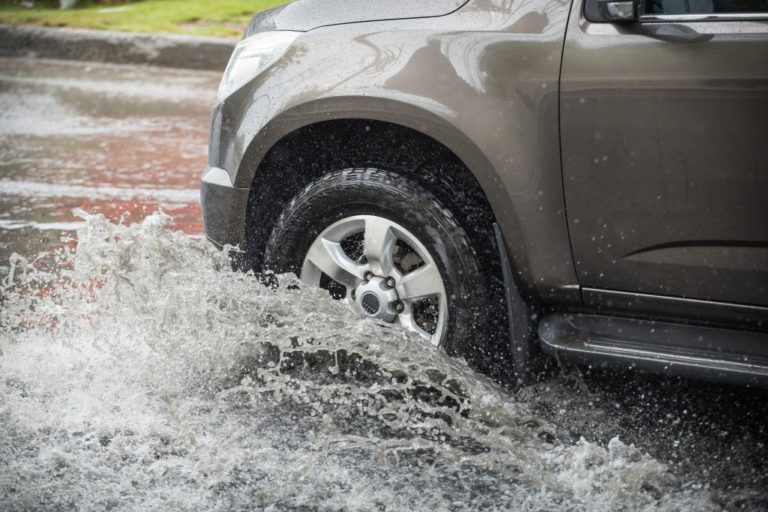 Unless you have dealt with the court system in North Carolina, chances are, you have learned everything you know about bail from movies and television. But there’s quite a bit more to the process than a judge banging his gavel and yelling, “Bail is set at $100,000!”
Unless you have dealt with the court system in North Carolina, chances are, you have learned everything you know about bail from movies and television. But there’s quite a bit more to the process than a judge banging his gavel and yelling, “Bail is set at $100,000!”
Read on to brush up on your knowledge about bail and bail bonds in North Carolina — so the next time you or a loved one is arrested, you know what to do.
The Bail Process
Arrested individuals are first taken to the police. A police officer then collects information about the accused, including name, physical appearance, address, and the alleged crime. The police also conducts a background check, takes fingerprints and mug shots, and seizes the suspect’s personal property.
Finally, the police puts the accused in a jail cell, and have them stay there until the suspect posts bail. For less serious crimes, the accused may post bail immediately, but for more serious crimes, the accused may need to wait for a bail hearing where a judge will decide whether the accused may post bail, as well as the amount of bail.
Bail Explained
Bail is an agreement between the defendant and the court. By signing the bail, the defendant agrees to post a certain dollar amount, and promises to return to the scheduled court date.
Signing a bail also releases a defendant in exchange of bail bonds until all the proceedings and trials are done. If the accused doesn’t hold up their end of the bargain and misses a court date, the bail bond will be immediately forfeited, and a warrant will be issued for arrest. If the accused shows up, they will likely get the money back at the end of the trial (depending on the bail type) — even if convicted.
 How the Court Determines the Amount of Bail Bond
How the Court Determines the Amount of Bail Bond
So how much should the bail amount be? It depends on a number of different factors. These include the nature of the crime, the person’s criminal record, and their likelihood of appearing in court, or their likelihood to leave or flee the area to avoid trial.
In North Carolina, there are pre-set bail amounts that depend on the alleged crime, but these factors may increase or increase the amount. For instance, if this was a first offense, and the accused is employed and has a family in the area, the judge may choose to reduce the bail amount.
How to Pay for the Bail — If You Can’t Afford It
If the amount set is more than you or a loved one can afford, you can refuse to pay. The problem is you will need to stay in jail until the court date. This period may vary from days to months — depending on the locality and court system.
Your best option is to apply for a bail bond as soon as possible with the help of a bail bondsman in Raleigh, NC for example. When looking for an agent, however, make sure to choose one you can trust.
Reputation is the key. Your bail agent should be experienced and reliable with a good local reputation. In most cases, experienced, highly reputed agents know the timesaving techniques required to secure the fastest release. Make sure the agent offers flexible payment plans as well, as paying them the entire set fee at once can be a struggle.
To the average person, the whole bail process sounds simple enough, but there is much more to it than meets the eye. Hopefully, this article has helped you dig deep on the subject matter — so if anything were ever to happen to you or someone you love, you know what your options are.











